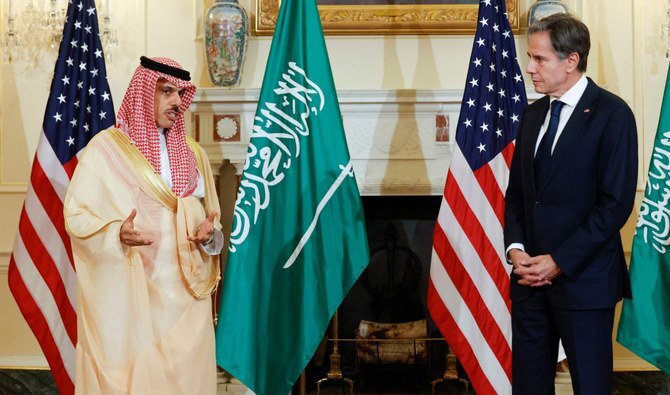
TEHRAN – In less than 48 hours, U.S. Secretary of State Antony Blinken phoned his Emirati counterpart twice to talk about the situation in Ukraine.
The Foreign Ministry of the United Arab Emirates said the top diplomats of the two countries “took stock of the latest regional and global developments and exchanged views on them” – a diplomatic reference to the war in Ukraine.
The second call came after the UAE abstained from voting in favor of a U.S.-backed resolution on the war in Ukraine at the United Nations Security Council. It also came after UAE Foreign Minister Sheikh Abdullah bin Zayed Al Nahyan discussed with his Russian counterpart Sergei Lavrov the “strategic partnership” between Abu Dhabi and Moscow.
The UAE has surprisingly refrained from backing the U.S. in its quest at the UN Security Council to call out Russia for its military operation in Ukraine. The UAE, a U.S. ally in the Persian Gulf region, abstained from voting in favor of a resolution presented and drafted by the U.S. and a number of its allies, choosing instead to keep a safe distance from heated Western criticism against Russia for its military campaign in neighboring Ukraine. The resolution earned eleven affirmative votes while China, India, and the UAE abstained. As expected, Russia vetoed the resolution of which it was the target.
The UAE move raised eyebrows in the region and beyond. Because Abu Dhabi and Washington have long sought to portray their relationship as “strategic.”
The UAE even refrained from openly condemning Russia’s military operation in Ukraine. It “called for immediate de-escalation and the cessation of hostilities.”
Lana Nusseibeh, the UAE ambassador to the UN, underscored the UAE’s readiness to work with members of the Security Council to achieve de-escalation and the cessation of hostilities, according to the UAE foreign ministry.
“The result of this vote today was a forgone conclusion, but the avenues for dialogue must remain open more urgently than ever before, and we must pursue them together,” she said.
To rub even more salt into the wound of the unraveling partnership between Abu Dhabi and Washington, the UAE stressed the depth of its strategic partnership with Russia coming under growing diplomatic attacks from the West over Ukraine.
In their phone call, which took place on the eve of Russia’s operation in Ukraine, Sheikh Abdullah and Lavrov discussed “the friendship relations and strategic partnership” between Moscow and Abu Dhabi. In the call, “Sheikh Abdullah bin Zayed stressed the depth of friendship between the UAE and Russia, and the two countries' leadership, and highlighted the keenness to enhance the prospects of UAE-Russian cooperation across various fields for the higher good of their peoples,” according to the UAE foreign ministry.
Relations between the U.S. and Saudi Arabia are no better. Saudi Arabia has refrained from taking a stance in favor of the U.S. on Ukraine as well. So far, Saudi Arabia has even stopped short of issuing a separate statement on the situation in Ukraine. U.S. Deputy Secretary of State Wendy Sherman spoke with the Saudi Deputy Foreign Minister Waleed El Khereiji about Ukraine. While the U.S. readout of the call stuck a strong anti-Russian note, the Saudi foreign ministry simply chose not to bother issuing a statement.
Furthermore, Saudi Arabia reportedly turned down a U.S. request to pump more oil so as to bring prices down.
Saudi Arabia and the UAE along with other U.S. allies in the region seem to be moving away from Washington out of an assessment that the U.S. is no longer the kind of strategic partner they can rely on in times of difficulty. They have long been complaining that the U.S. is no longer the same as it used to be. And the war in Ukraine was another reminder that the schism between Washington and its West Asia allies is growing wider by the day.
TAGS

No comments:
Post a Comment